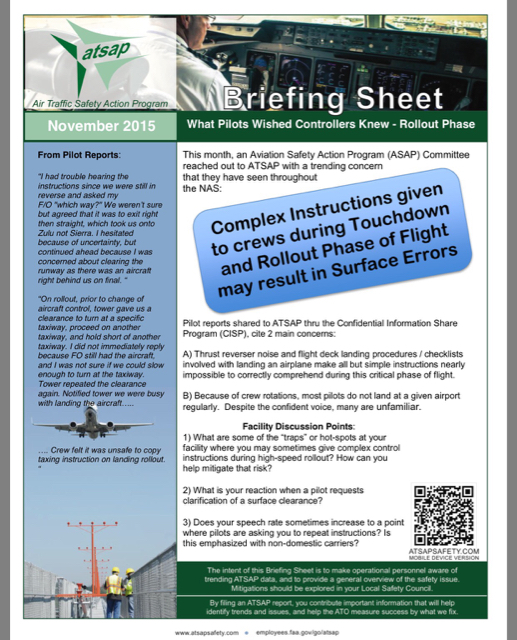avgeek11
Pre-Flight
- Joined
- Dec 13, 2015
- Messages
- 30
- Display Name
Display name:
avgeek11
As a controller, I have one question which I hope many of you chime in with answers to. In the event of an emergency, what can I do to best help you? Provide me with some of your possible or actual in flight emergencies.
I bring this up because I have to say this...a lot of controllers are not pilots. I've put some hours toward my PPL and come from an aviation background so for the most part, I know what goes on in the cockpit, whether it be in a Cherokee or B737. I know this will come up so I'll just beat you to it, but yes controllers can "fam flight" with an airline or GA company but it's not a requirement. I'd like to create some good discussion at the facility and hopefully have a monthly training meeting, reviewing emergencies and how we can best serve our flying public.
I bring this up because I have to say this...a lot of controllers are not pilots. I've put some hours toward my PPL and come from an aviation background so for the most part, I know what goes on in the cockpit, whether it be in a Cherokee or B737. I know this will come up so I'll just beat you to it, but yes controllers can "fam flight" with an airline or GA company but it's not a requirement. I'd like to create some good discussion at the facility and hopefully have a monthly training meeting, reviewing emergencies and how we can best serve our flying public.
Last edited:

